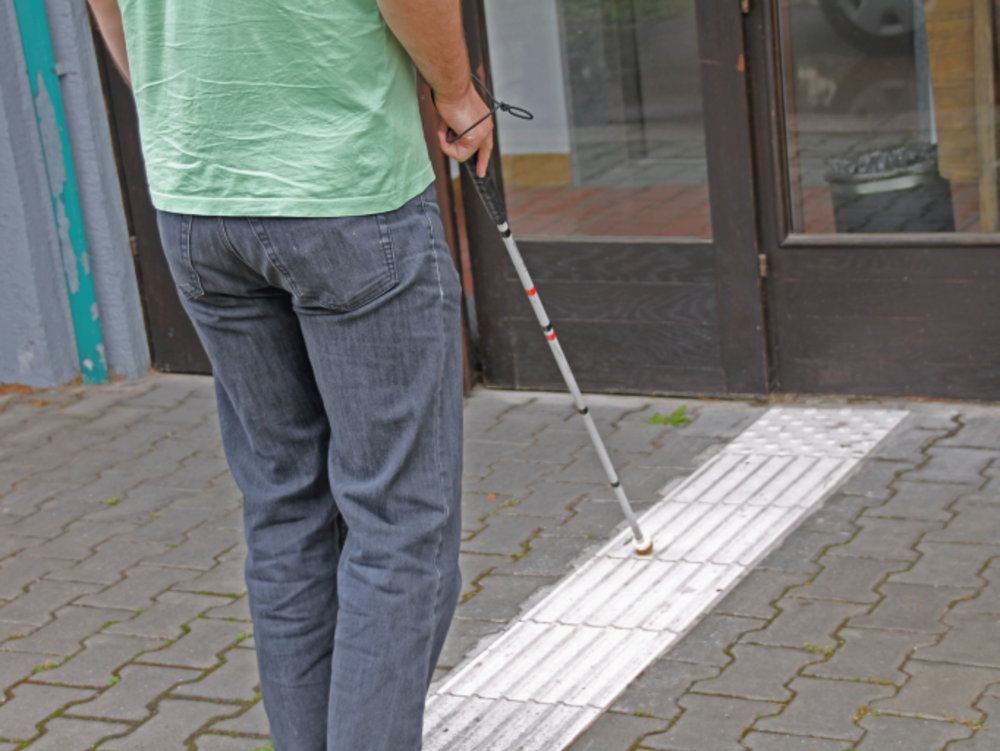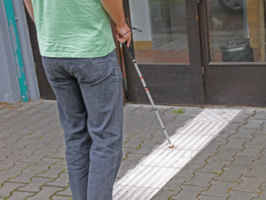Today, 11 July 2024, the Deputy Human Rights Ombudsman Dr Dijana Možina Zupanc attended a meeting of the Committee for Work, Family, Social Affairs, and Disabled Persons, (Committee), where the challenges and shortcomings of personal assistance were discussed.
"With the Personal Assistance Act, which entered into force in 2019, Slovenia took an important step towards better integration of disabled people into society. The personal assistance service enables a more independent and high-quality life for people who need help with everyday tasks, but the Ombudsman points out that personal assistance is not the only form of help that vulnerable groups need. Parallel strengthening of various forms of assistance is necessary – from a strong patronage and palliative network, assistance at home, and assisted living to other forms of deinstitutionalisation. In the case of an individual who is judged not to have the right to personal assistance, but at the same time it is determined that the help of another person is absolutely necessary, another right must be ensured to the appropriate extent," Deputy Ombudsman Dr. Možina Zupanc.
She added that the institution of the Human Rights Ombudsman learns about the shortcomings of the personal assistance regulation mainly through the initiatives it receives from users of personal assistance, providers of personal assistance, and personal assistants, as well as persons who are found to be ineligible for personal assistance, although they themselves believe that they need this type of service and that it would enable them to be included in society on an equal basis. "However, we also checked the situation on the ground and in one specific case attended the visit of a commission of experts to the service holder. We welcome the fact that the Social Welfare Institute of the Republic of Slovenia has taken into account the Ombudsman's recommendation that experts announce the date of the visit to the applicant more precisely when announcing their visit or at the latest the day before the visit, since before that applicants for personal assistance were only informed of the day of the visit, which was performed between 8am and 4pm, which required the applicant to actually be at home all day in anticipation, and for that day they had to cancel all possible activities or even use annual leave if they were employed," explained the Deputy Ombudsman.
The Human Rights Ombudsman estimates that the country faces quite a few challenges in the field of personal assistance. At the Committee meeting, the Deputy Ombudsman highlighted the three most crucial problems identified by the Ombudsman. "We believe that the completed Assessment Form for determining eligibility for personal assistance should be part of every decision explanation. Only in this way can an individual understand why a certain decision was made and effectively use legal remedies. Now, the form is intended only for internal use by experts, but it should be an integral part of the expert opinion and also of the decision on recognition or non-recognition of the right to personal assistance," said the Deputy Ombudsman.
Another problem she highlighted at the meeting is the case of the elderly over 65 years old. The current regulation is such that a person cannot obtain the right to personal assistance after the age of 65. If a person has received the service before, they can no longer obtain it after this age. According to the Human Rights Ombudsman, such an arrangement is completely inadequate. The issue is already under review before the Constitutional Court of the Republic of Slovenia, as such an arrangement does not allow equal treatment of all individuals with comparable problems.
The third problem perceived by the Ombudsman is that we should provide expertise based on a broad and professional assessment. "We advocate an evaluation process that is based on greater professional competence of the expert, with the aim of identifying the actual need for help for a certain individual. Unfortunately, we note that in some cases, the rights of individuals are predominantly based on the Assessment Form for determining eligibility for personal assistance and not on the actual situation. At the same time, I emphasise that it is not appropriate that the criteria are not regulated by an appropriate legal basis or at least by-laws, but only through the mentioned form, which is in contradiction with the constitution. That is why we call for the criteria for eligibility for personal assistance to be clearly and legally defined," said Deputy Ombudsman Dr Možina Zupanc.

